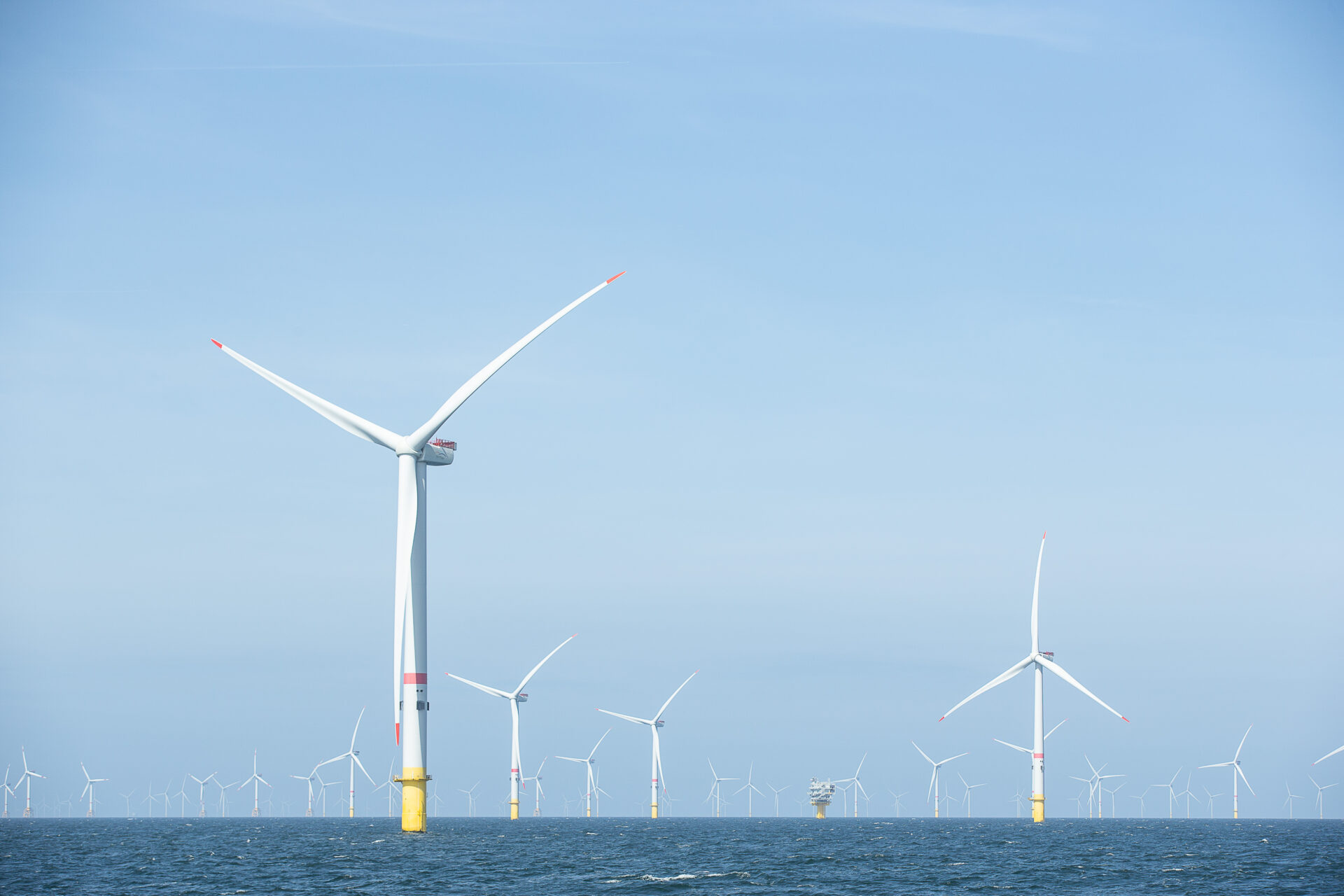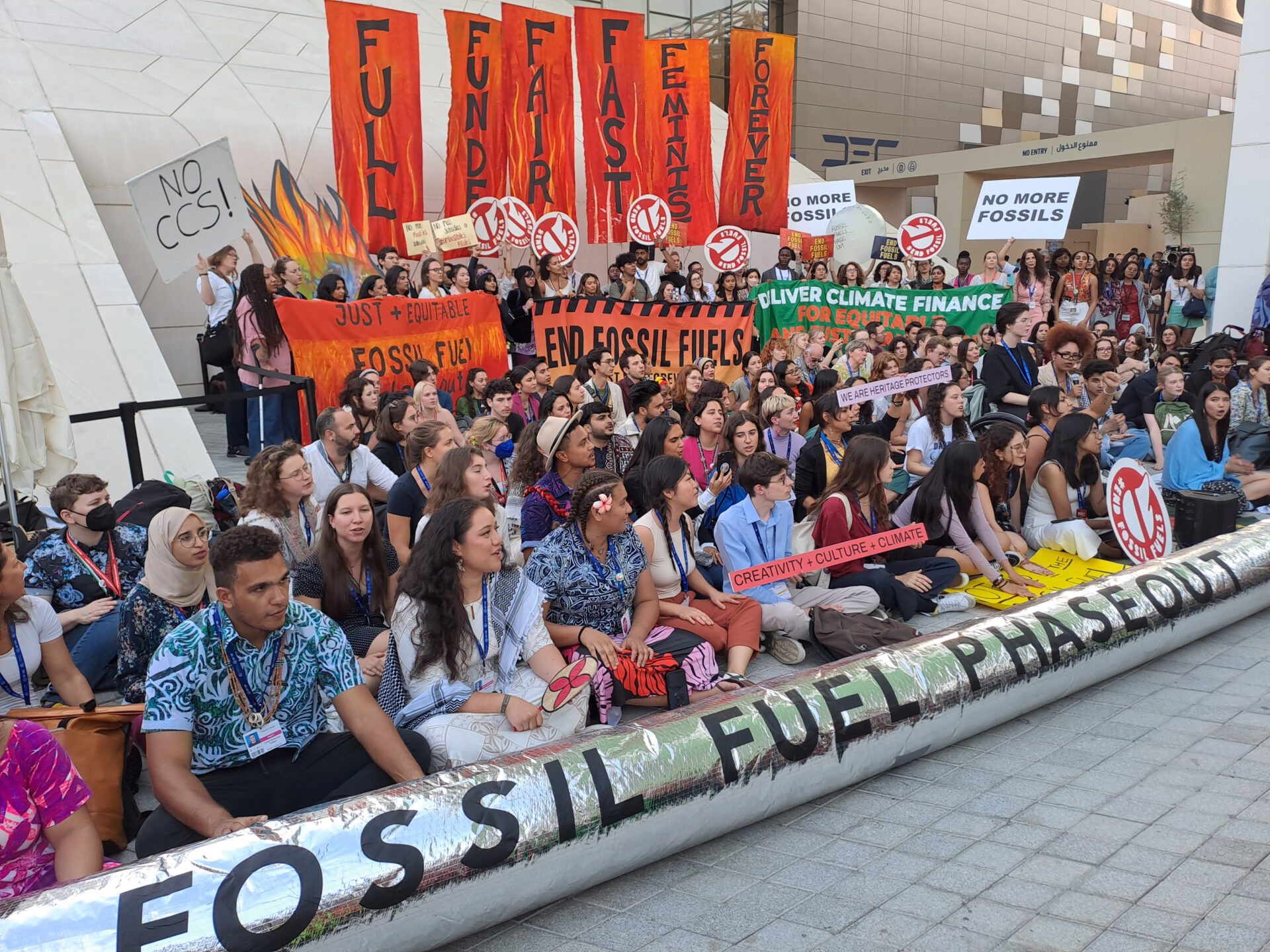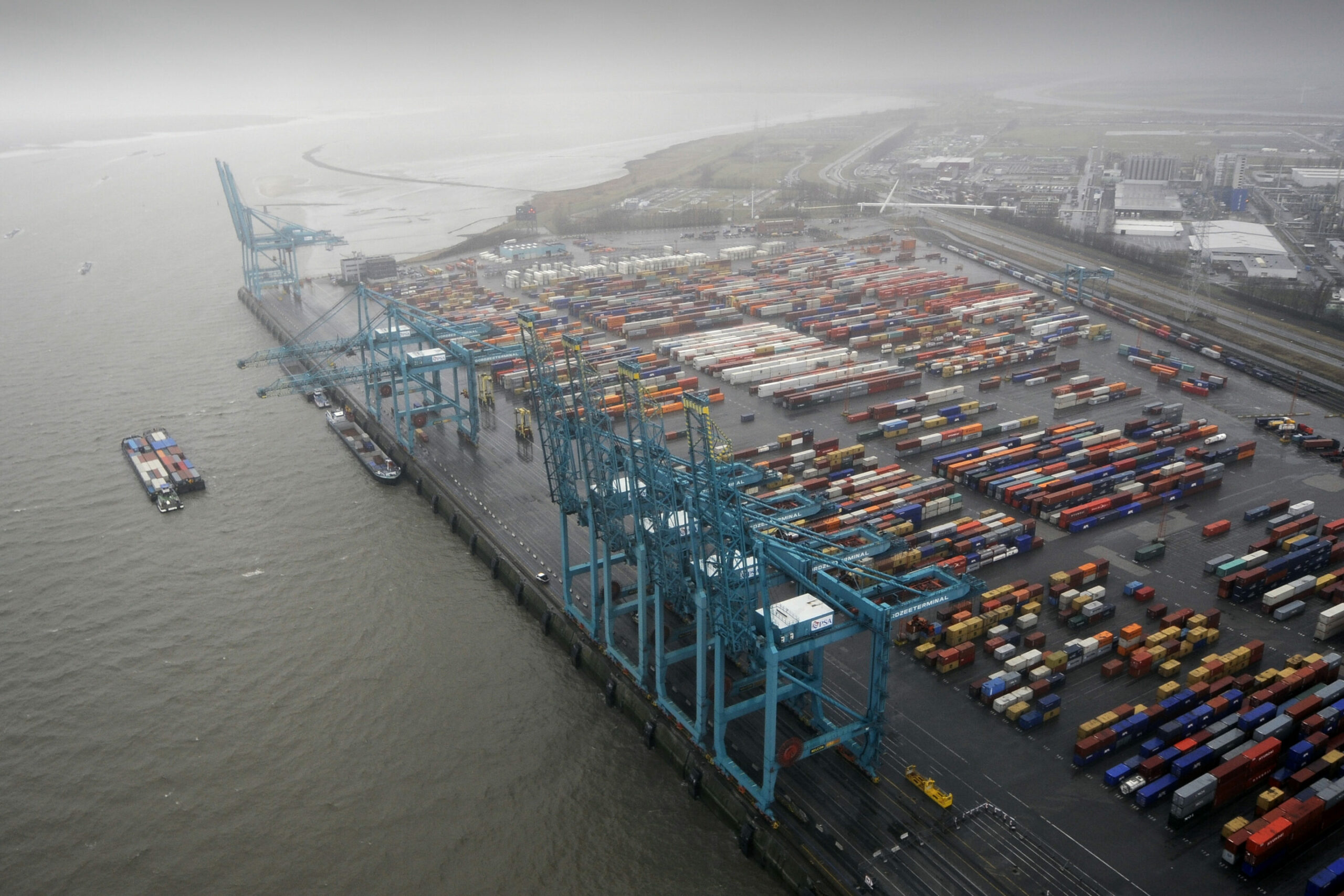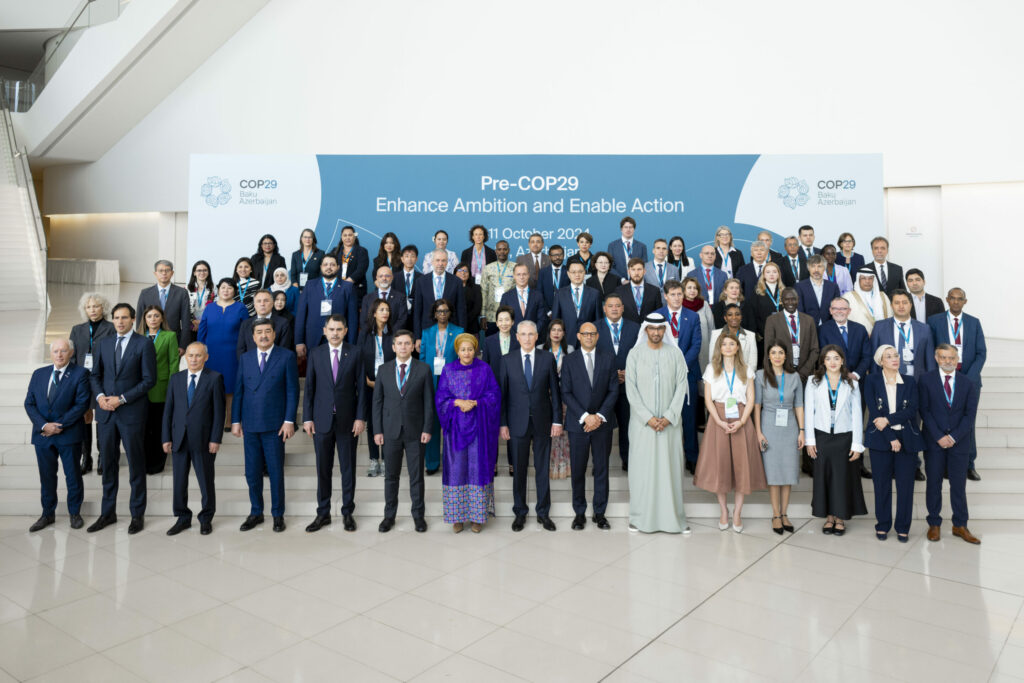Tens of thousands of delegates representing almost every country on Earth will travel to Baku in Azerbaijan this week to take part in the 2024 United Nations Climate Change Conference (COP29).
Some 198 parties are signed up to the UN’s Convention on Climate Change, and the annual COP conference is a chance for States to review global progress on limiting climate change, as well as negotiate new measures.
As previous conferences have resulted in landmark global pacts – such as the 2016 Paris Agreement to reduce global emissions, or last year’s call to transition away from fossil fuels – this year will focus on how to fund the changes.
Finance agreement is a 'key expectation' for Belgium
Ulrik Lenaerts is deputy director for environment, climate policies and co-operation within Belgium’s Ministry of Foreign Affairs and will lead Belgium’s Foreign Affairs delegation during COP29 negotiations.
He tells The Brussels Times that the success of this year’s conference hinges on the abilities of parties to reach agreement on climate financing that is "sufficiently ambitious". Key to this will be agreement on the financial side and how measures will be implemented.
The Paris Agreement sets out that richer countries will pay $100 billion per year to assist developing countries to reach climate goals, with a stipulation that climate financing should be reviewed by 2025. Top of the agenda for this year’s COP29 conference then is coming to an agreement on a new collective quantified goal on climate finance.
"That is a key expectation from the Belgian side. We also worked very much on that topic during our EU presidency in the first semester of this year," says Lenaerts. "It will be a difficult discussion because the estimates of how much is needed are so high and there is no way you can generate that level of finance just with public money."
He stresses that private actors such as banks and investors will have to be given "concrete signals" that they should also mobilise funding for the climate transition.

Offshore wind farms in the Belgian North Sea, in the port of Ostend, Friday 13 May 2022. Credit: Belga / James Arthur Gekiere
Promoting national interests on the margins
Belgium is heading into COP29 negotiations as part of a co-ordinated team with the EU’s other Member States. It will be advocating on behalf of the EU bloc rather than "with the Belgian flag", Lenaerts explains.
However, Belgium will be taking the lead for the EU on a number of topics, such as mitigation, the just transition, the market mechanism and finance issues.
On the sidelines of formal negotiations, Belgium will also be holding events at the COP29 conference, promoting more national priorities including the energy transition, and offshore wind.
"In Belgium’s climate policies, the role of offshore wind energy is very important, so we are very active on the nexus between climate and ocean. That is something that is much more prominent in our Belgian position than it is for most EU countries," says Lenaerts.
"EU Member States don’t speak in a national capacity in negotiations, but of course we do organise an entire series of events in the margins of the COP. Those events relate to the issue of ocean and climate and they also relate to energy transition issues. Our ports and the industrial clusters around the ports are very active, and also offshore wind is related to that, accelerating the development of grids and support."
Do COP conferences have an impact?
It is immensely difficult to get 198 different parties, with different interests and perspectives, to agree on a united front in terms of climate policy.
But while some commentators dismissed the annual COP conferences as glorified talk shops, Lenaerts said the UN event has still had a "substantial impact" on global climate policy.
"There's as much investment flowing to renewables and clean energy nowadays as there is to the fossil fuels – around $2 trillion a year. That is an economic transformation of a similar size to that generated by the oil crisis."

NGO protest demanding the end of fossil fuels, at the UN climate conference COP28, 12 December 2023. Credit: Belga
"It's important to realise that [the energy] transition is driven not just by the market, but by scientific reports, agreements like the Paris Agreement, and the goals that nations have set themselves. So from that perspective the COPs have a very significant and substantial impact."
However, he agrees that as the challenge shifts from forging global agreements to executing them, the process of international collaboration could be streamlined.
"There are certainly changes of direction in the climate process but it's still a bit overloaded with agenda items that sometimes don't have that much impact. There is certainly scope for further streamlining and trying to move the process more towards a convening space that brings all actors together to help implementation."
Transport emissions: Belgium's biggest challenge
Belgium is generally "on track" to meet its climate goals and commitments, having reduced overall emissions by 29% between 1990 and 2022.
In the same time period, Belgium has seen a 76% growth in the economy (GDP) and a 16% growth in population. Lenaerts says that Belgium’s central European location and busy ports mean that reducing transport emissions is probably the "biggest challenge", as transport emissions have increased by 15% between 1990 and 2022.

Aerial view of the Port of Antwerp. Credit: Belga / Dirk Waem
However, the country’s coastal location means that Belgium has also ramped up renewable energy production and is now one of the world’s largest producers of offshore wind energy.
"I think overall the result is quite good. I know that often in public discussions it appears different but if you simply look at the official emission inventories and calculations, it’s quite good – but still a difficult challenge lies ahead to reach the 2030 target and the 2050 climate neutrality goal."

